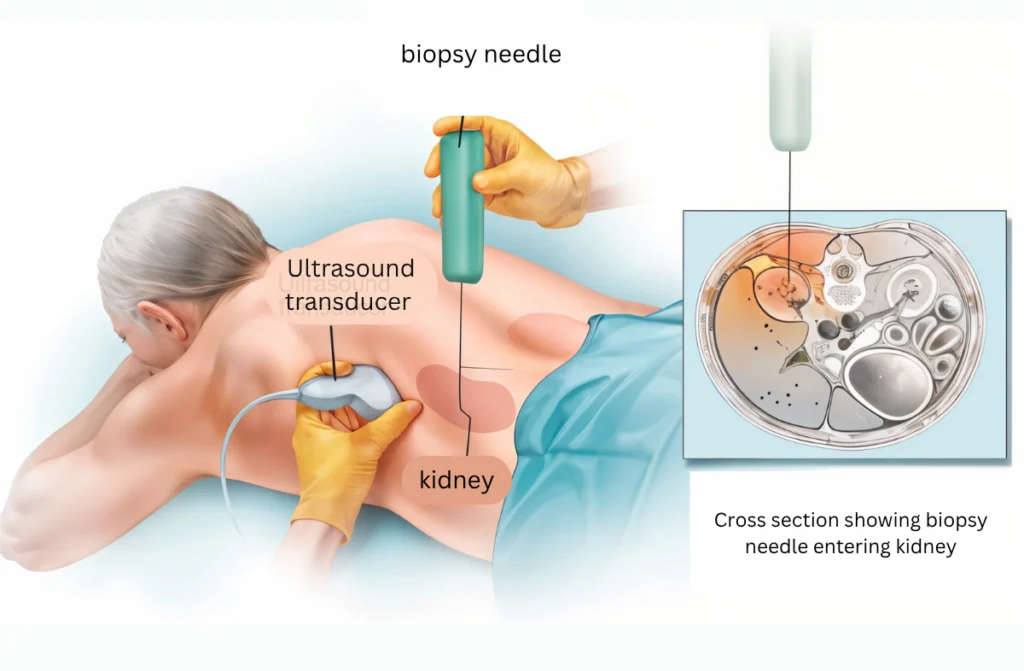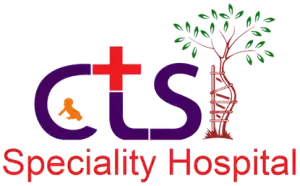Chronic kidney disease treatments are important to help people manage this serious health condition. If you or a loved one have been diagnosed with chronic kidney disease (CKD), it is essential to know the available treatments. Understanding your options can make it easier to manage the condition and slow its progress. In this blog, we’ll explore different chronic kidney disease treatments, the symptoms, causes, stages, and self-care tips.

Recognizing Chronic Kidney Disease Symptoms
It’s important to catch kidney disease early. When you know the symptoms, you can seek help sooner. Here are some common signs that might indicate chronic kidney disease:
- Fatigue: Feeling tired all the time.
- Swelling: In the ankles, feet, or hands.
- Changes in Urine: Dark-colored urine or going to the bathroom more often.
- Shortness of Breath: Difficulty breathing due to fluid buildup.
- High Blood Pressure: Often linked to kidney problems.
These signs may not seem serious at first, but they can worsen over time. Paying attention to these symptoms is a key part of chronic kidney disease self care.
If you notice these symptoms, talk to a doctor right away. Early detection allows for effective chronic kidney disease treatments.
Key Causes of Kidney Disease
Knowing what causes kidney disease can help you take steps to protect your kidneys. Here are some common causes:
- Diabetes: High blood sugar damages the kidneys over time.
- High Blood Pressure: Damages the small blood vessels in the kidneys.
- Genetic Conditions: Like polycystic kidney disease.
- Infections: Kidney infections can lead to damage.
- Lifestyle Factors: Poor diet, smoking, and lack of exercise.
Understanding these causes is important in preventing and managing kidney disease. By taking care of your health, you can reduce the risk of needing chronic kidney disease treatments.
Diagnosis and Tests
If you suspect kidney disease, the Kidney doctor will perform several tests to confirm it. Here are some common ways to diagnose CKD:
- Blood Test: Measures how well your kidneys are filtering your blood.
- Urine Test: Checks for protein or blood in your urine.
- Imaging Tests: Like ultrasounds or CT scans to see the kidney structure.
- Biopsy Test: Taking a small sample of kidney tissue for testing.
These tests help determine how advanced the disease is and guide the right chronic kidney disease treatments. Early diagnosis means better chances of slowing down the stages of kidney failure.
Management and Treatment
Chronic kidney disease treatments depend on how advanced the condition is. The main goal is to slow down kidney damage and manage symptoms. Here are some key treatments:
- Medications:
- Blood pressure medicines help protect the kidneys.
- Medicines to control blood sugar levels.
- Diet Changes:
- Low-salt, low-protein diets can reduce kidney strain.
- Dialysis:
- For advanced kidney failure, dialysis filters the blood.
- Kidney Transplant:
- Replacing a damaged kidney with a healthy one.
Self care is also crucial. Good chronic kidney disease self care includes staying active, managing weight, and avoiding smoking. Combining treatments with self care can improve quality of life.
Progression Stages of Kidney Failure
Chronic kidney disease happens in stages. These stages of kidney failure help doctors decide on the best treatments.
- Stage 1: Mild kidney damage with normal function.
- Stage 2: Slightly reduced kidney function.
- Stage 3: Moderate kidney function loss. Symptoms like fatigue may appear.
- Stage 4: Severe loss of kidney function. Preparing for dialysis or transplant.
- Stage 5: Kidney failure. Dialysis or transplant is needed.
Knowing which stage you’re in helps decide the best chronic kidney disease treatments. Early stages can benefit from lifestyle changes and medicines, while later stages may need dialysis or a transplant.
Steps to Prevent Chronic Kidney Disease
Prevention is always better than cure. You can lower your risk of CKD by following these steps:
- Stay Hydrated: Drink enough water each day.
- Exercise Regularly: Helps manage weight and blood pressure.
- Eat a Healthy Diet: Low in salt and processed foods.
- Monitor Blood Sugar: Especially if you have diabetes.
- Regular Checkups: Especially if kidney disease runs in your family.
These steps are part of chronic kidney disease self care. Prevention can delay or avoid the need for chronic kidney disease treatments.
Common Side Effects of Chronic Kidney Disease
Side effects of chronic kidney disease can impact daily life and make it harder to manage the condition. Here are some common ones:
- Anemia: Low red blood cell count, causing fatigue.
- Bone Problems: Weak bones due to calcium loss.
- Itching: Skin itching caused by waste buildup.
- Swelling: Fluid buildup in legs, feet, and hands.
- Nausea: Feeling sick due to waste products in the blood.
It’s important to discuss these side effects with your doctor. Managing them is an important part of chronic kidney disease treatments.
Conclusion
Chronic kidney disease treatments play a big role in managing kidney health. From medication and lifestyle changes to dialysis and kidney transplants, there are many ways to slow down or manage CKD. Understanding the causes, symptoms, and stages of kidney failure helps you make informed decisions.
For more details, contact CTS Hospital today and take the first step toward better kidney health.
